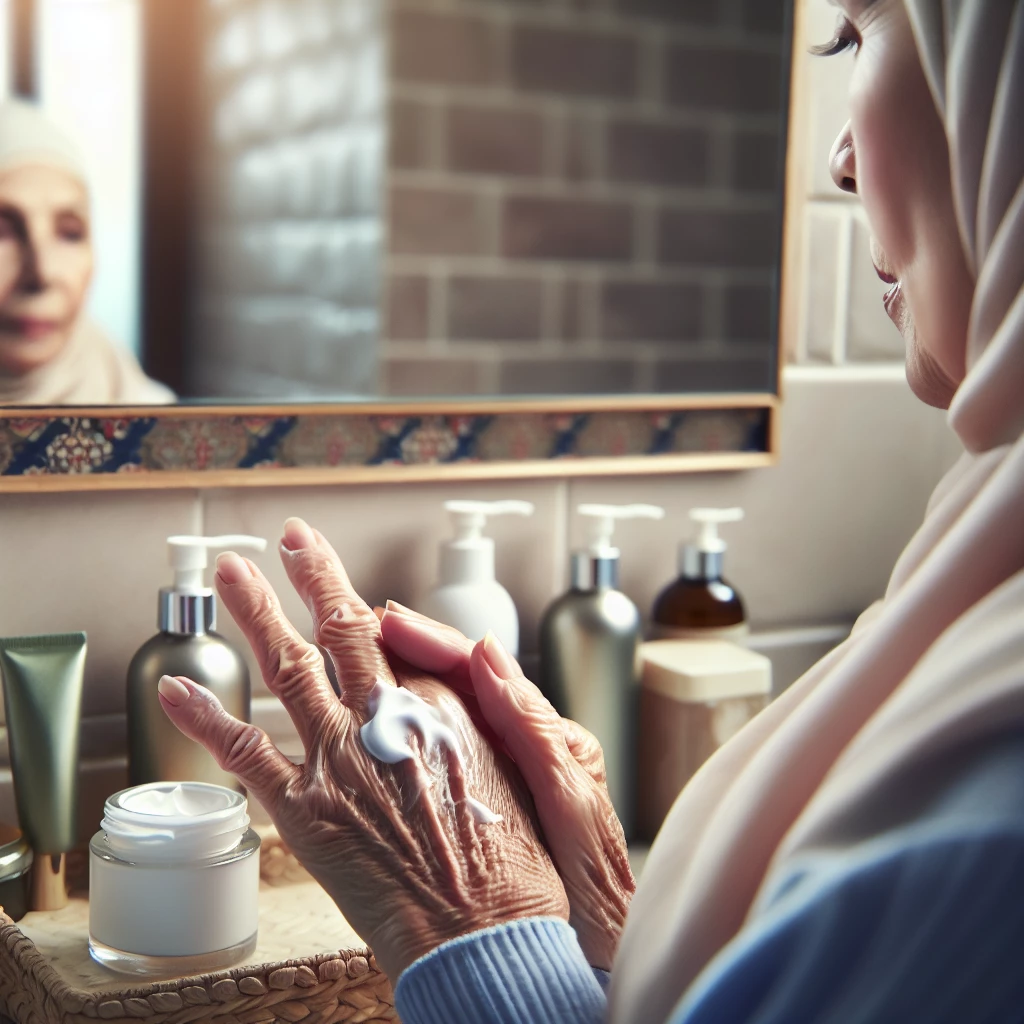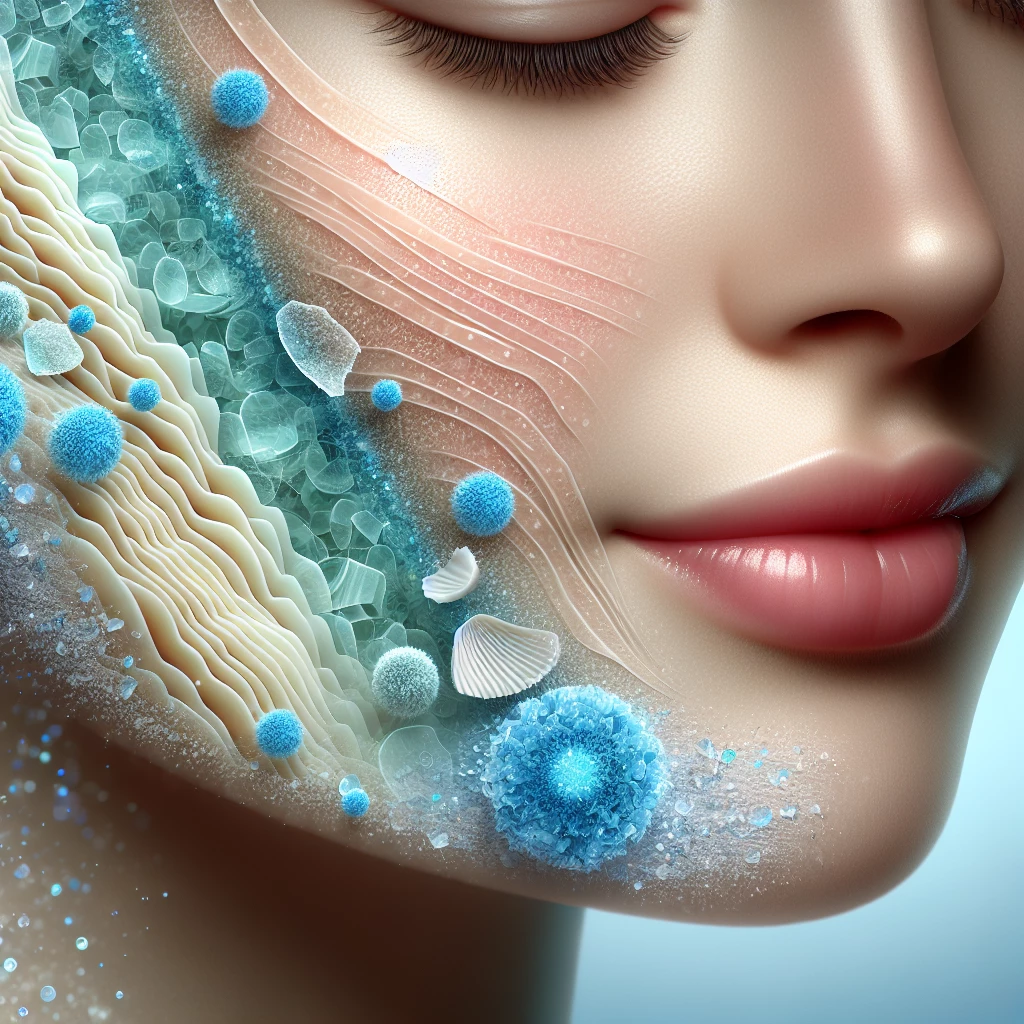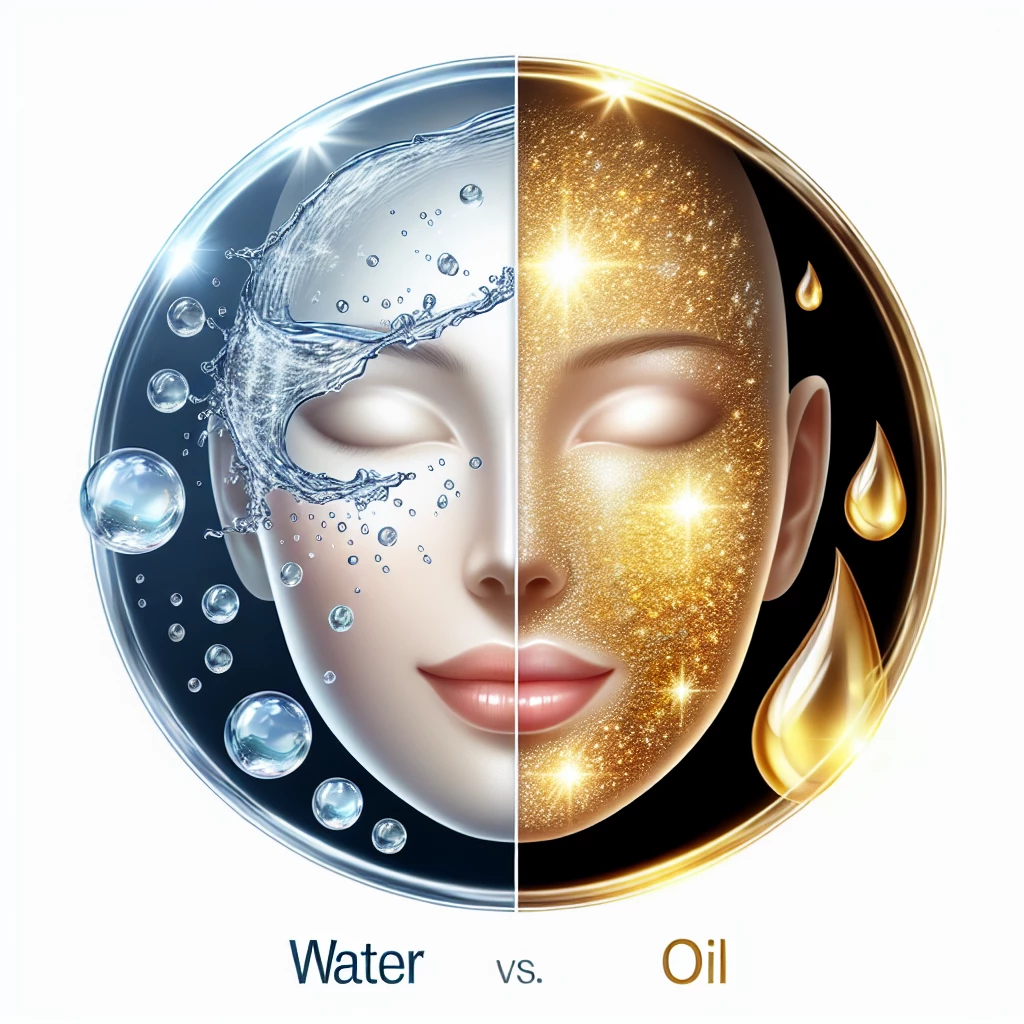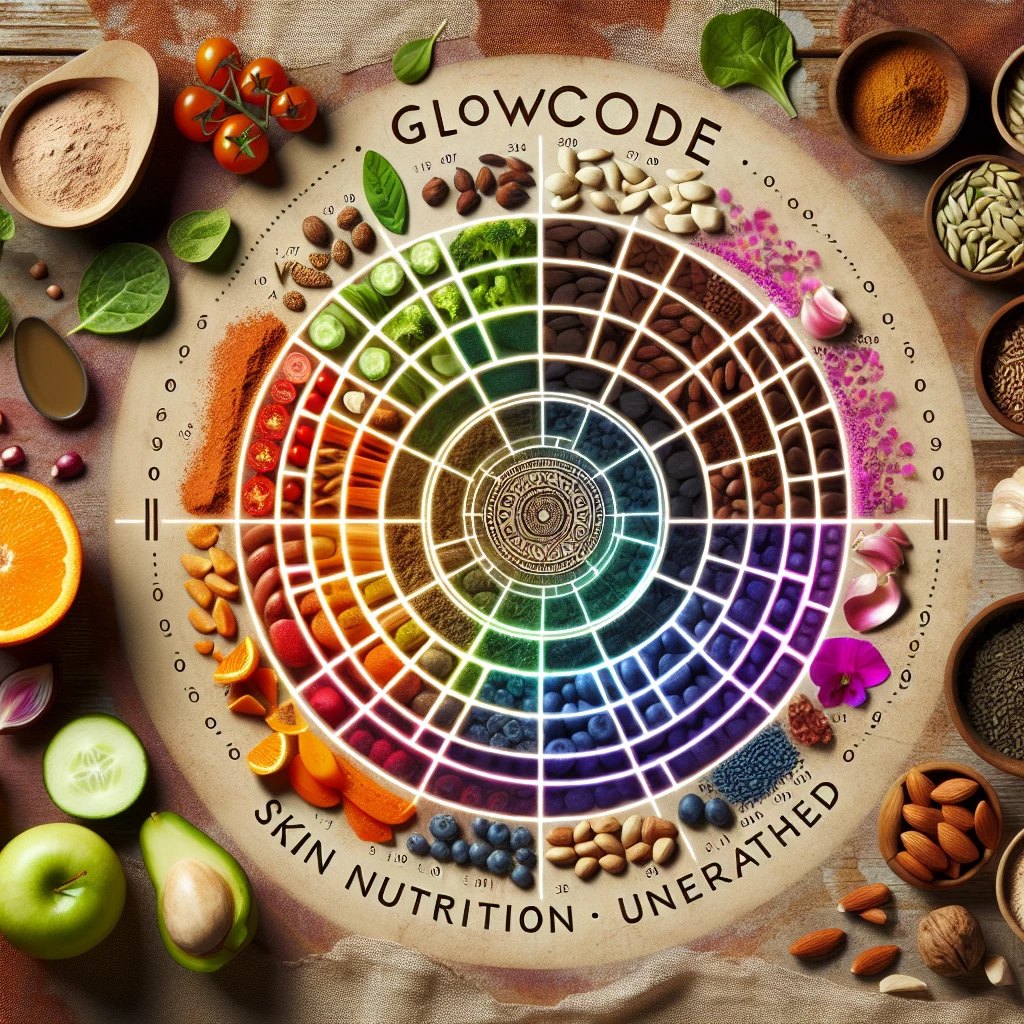To achieve radiant skin, it's important to remember that your diet and daily nutrition is key. We so often focus on skin care products, that we can forget the impact of what we put into our bodies. In this guide, we will dive into the science of skin health and explore how a healthy nutrition can lead to a naturally glowing skin. Prepare for a journey, one that will help you unlock the glow code with some essential diet tips for enhancing your skin health.
Understanding Skin Nutrition
The human skin, the body's largest organ, often reflects what's happening on the inside. Skin cells require specific nutrients to function properly and maintain their health. These nutrients include vitamins, minerals, and antioxidants, which can all be found in a balanced diet.
Vitamin C, for example, is crucial for collagen production, which gives our skin its firmness and strength. On the other hand, antioxidants like Vitamin E protect skin cells from oxidative damage caused by free radicals. Getting an array of vitamins and minerals through your diet can help you maintain radiant skin.
However, it's important to remember that a healthy diet alone is not a magic bullet for perfect skin. Other lifestyle factors such as exercise, sleep, and stress management play a significant role in skin health too. Nevertheless, diet is a fundamental part of the equation that cannot be ignored.
Tips For A Skin-Healthy Diet
So, how do we translate this knowledge into everyday practice? Incorporating nutrient-rich foods into your meals is a good starting point. Opt for brightly colored vegetables and fruits, lean proteins, healthy fats, and whole grains. These foods are often high in essential nutrients and antioxidants that can support skin health.
Drinking enough water is another crucial aspect of a skin-healthy diet. Hydration helps maintain skin elasticity and combat dryness. Try to incorporate water-rich foods into your diet, such as cucumbers, melons, and berries, to aid hydration beyond just drinking water.
Last but not least, remember that balance is key. Be mindful of your food portion sizes, and try to maintain a balance of proteins, fats and carbohydrates in your meals. Moderation is also key - it's okay to treat yourself every now and then, just be mindful not to overdo it with foods high in sugar or unhealthy fats, which can lead to skin inflammation.
Foods To Avoid For Skin Health
Maintaining healthy skin isn't just about adding foods to your diet, but also about knowing what foods to avoid or minimize. Highly processed foods, including sugary drinks and fast food, can negatively affect your skin. These foods often cause inflammation in the body, which can lead to skin problems such as acne or eczema.
Alcohol is another factor that can negatively impact skin health. While moderate consumption may not necessarily lead to skin problems, heavy drinking can lead to dehydration and deficiencies in vital skin nutrients.
Lastly, extreme dieting or eliminating whole food groups can also negatively impact your skin. Without a balanced diet, your body and your skin may miss out on necessary nutrients. It's always a good idea to consult with a dietitian or a health professional before making significant changes to your diet.
Gluten and Dairy: The Controversial Debate
There's been a lot of debate around gluten and dairy and their effects on skin health. Some studies suggest that these food groups can potentially trigger acne in some people, while others did not find a significant connection.
If you suspect that gluten or dairy is causing skin issues, consider doing an elimination diet under the supervision of a healthcare professional. This involves removing these food groups from your diet for a period of time and then gradually reintroducing them to see if symptoms improve or worsen.
However, it's crucial to remember that gluten or dairy isn't an issue for everyone. Unless you have an allergy or intolerance, these food groups can still be part of a balanced, skin-healthy diet.
Achieving a glowing skin is a journey that requires care and attention. But with the right knowledge and practices, it is certainly within our reach. A balanced, nutrient-rich diet can provide our skin with the essential nutrients it needs to thrive. Keep in mind that it's not about perfection, but about making consistent, healthful choices that suit our bodies and lifestyles. Now armed with this glow code, go forth and let your natural beauty shine!

Age Gracefully: Mature Skin Care
Delve into the changes that come with aging skin and the best practices to ensure its health and vitality.

Vitamins for Victory: Skin Nutrients
Discover the key vitamins that contribute to skin health and the best ways to incorporate them into your skincare routine.

Exfoliation 101: Clearing the Surface
Dive into the process of exfoliation, uncovering its benefits and learning how to properly exfoliate for brighter, smoother skin.

Skin Hydration: Water vs. Oil
Get insight into the importance of hydration in skincare routines and understand the difference between water-based and oil-based products.
